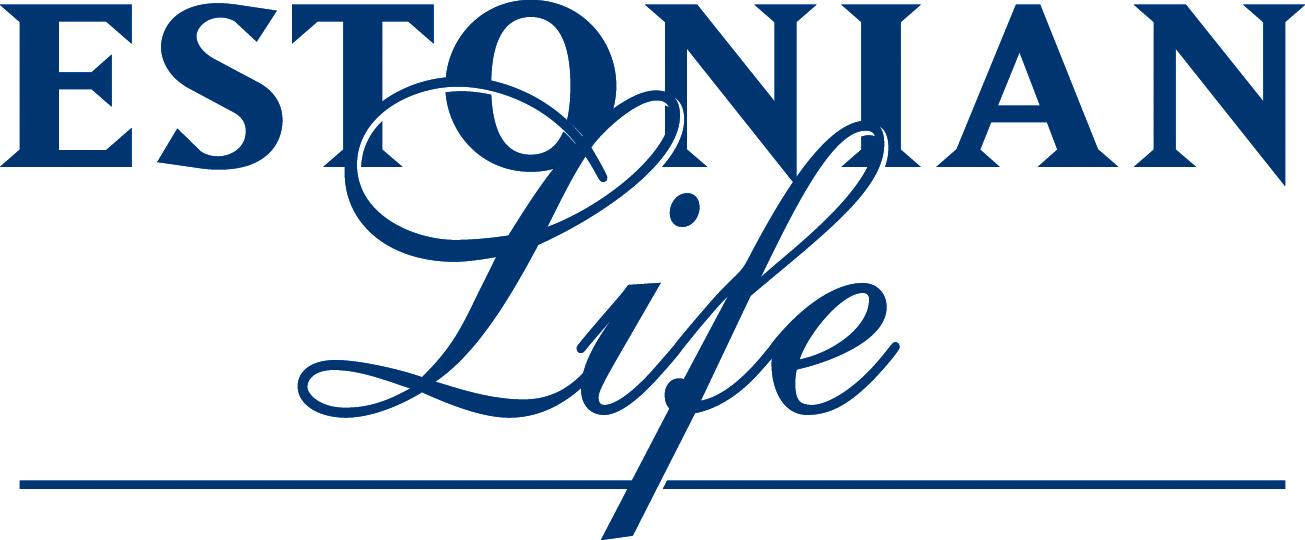
3 minute read
Lying and power
Among many other similarities, the current chiefs in the Kremlin and White House have often been equated in one characteristic – a clear affinity for autocratic rule. Their crass falsehoods make both Vladimir Putin’s and Donald Trump’s fixation on fibbing a tool in consolidating and concentrating personal power.
They are both unabashed, repeat offenders. Right after his inauguration, Trump’s first official lie appeared to be an innocent deception, a glimpse of his vanity. He had ordered his acolytes to make bare-faced fabrications about the size of the crowd at his inauguration. Photos from drones clearly refuted the White House’s version of the facts.
Advertisement
It seemed to be an insignificant moment in the normal political landscape of exaggeration and feigned outrage. But in this case Trump knew he was lying, so did the media and the American public. The outright disdain Trump had for trying to deceive both his supporters and opponents alike was a glaring indication of Trump choosing power over truth. He had to make his dominance clear. The White House had entered a new era.
Even when the historical evidence is massive and undeniable, Putin also basks in the glory of corroding the truth. In a slight difference from Trump’s need to assert his power, Putin is not faced with a fact-driven domestic audience. The lack of authentic information makes Russians victims of the toxicity of his lies. But internationally, like Trump, Putin knows that bare-faced lying itself is the message. Their fabrications do not threaten their rule, in fact they’re both convinced lying enhances their power.
Putin’s insistence that the Baltic states in 1940 formally requested to join the USSR blatantly dismisses what the rest of the world knows – Moscow’s hand-picked proxies in both the local puppet governments as well as the legislative bodies, disguised as ‘parliaments’, were ordered by Moscow to make that request. Similarly, he dismisses off-hand incontrovertible facts that overturn Putin’s narrative about the Molotov-Ribbentrop Pact, deportations and other historical events.
Estonians, Latvians and Lithuanians can ask a very pertinent question: Does Trump’s acceptance of Putin’s lies also carry over to the latter’s fabrications about the Baltic states? Trump has supported, often repeated, Putin’s allegations that it was Ukraine, not Russia, who interfered in the 2016 election campaign; he backed Putin’s nonsense that people in Montenegro will start WWIII; he agreed with Putin on North Korean missiles not having the capability to attack the USA; he repeats Putin’s assertion that a “deep state” exists within the US foreign service elite, etc.
Trump’s tendency to accept Putin’ perspectives on international issues is palpable. The power dynamic here is also obvious. Putin spins lies and Trump parrots them. The Kremlin flatly rejected US intelligence’s accusations that Russia was rewarding the Taliban for killing American soldiers. Trump has yet to agree, even with a note of caution, that the allegations may be accurate. But he has already stated that the US will not retaliate – an arrogant statement of pure power. Taking the Putin-Trump construct one step further, does this mean the Kremlin’s falsification power extends to the White House?
It’s easy to state that suggestions above may be rooted in anti-Russia hysteria, unproven and just as spurious as the lying with which Putin and Trump are accused. But no one can deny that both men control their own narrative and can make their own reality – Trump probably exponentially more often than Putin (at least according to numerous ‘fact-checkers’).
The universal justification for lying – “but everyone does it” – promotes public gullibility. Mixed with a heavy dose of cynicism, surrendering to lies negates the possibility of truth and emboldens those who wield lying as power.
Someone has said: “The ideal tyranny is that which is ignorantly self-administered by the victims. The most perfect slaves are, therefore, those unaware people who blissfully enslave themselves.”
LAAS LEIVAT










